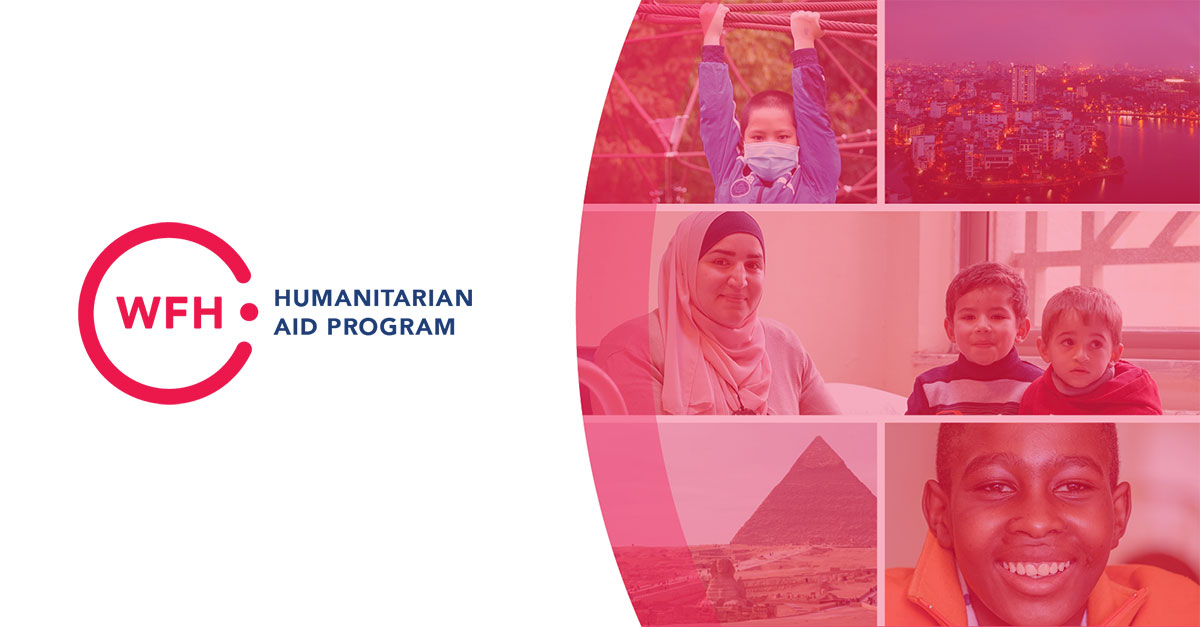The WFH Humanitarian Aid Program has provided donated treatment products and training to Morocco since 2003. This sustained commitment means that hemophilia treatment centres (HTCs) have had a dependable supply for people with bleeding disorders (PWBDs) in the country, and the knowledge to use it effectively. It also means that HTCs and the NMO have years of local data and success stories they can use to show to governments what a difference support can mean for a PWDB.
Supporting the Moroccan bleeding disorders community is a joint effort. Only by working together in collaboration can we support PWBDs and allow them to live a normal life.
—Latifa Belakhel, MD, MPH, Head of Noncommunicable Diseases Division, Ministry of Health and Social Protection
Over many years, the WFH has supported HTCs, the Moroccan NMO—the Association Marocaine des Hémophiles—and the MoH through many programs, such as the WFH Global Alliance for Progress (GAP) Program. This support strengthened collaboration with the government and key stakeholders, and touched many points, including the training of hemophilia nurses, the improvement of lab diagnosis, and the adoption of prophylaxis and immune tolerance induction protocols for patients with inhibitors. Thanks to these efforts, the MoH has drawn up a national plan for the management of hemophilia and other bleeding disorders in collaboration with various stakeholders, such as patients, caregivers, and healthcare professionals (HCP). The ministry has also increased the purchases of treatment product by hospitals. Last year, more than 9 million IUs of factor were purchased by the government for HTCs. This large purchase meant that WFH Humanitarian Aid Program donations became a supplement to government purchases, rather than the primary source—a huge step forward for the Moroccan bleeding disorders community.
Over 1.5 million IUs of factor were donated to Morocco through the WFH Humanitarian Aid Program in 2022. Since 2015, 22 million IUs of factor have been delivered. To find out more about the WFH Humanitarian Program, please click here.
About the WFH Humanitarian Aid Program
The WFH Humanitarian Aid Program improves the lack of access to care and treatment by providing much-needed support for people with inherited bleeding disorders in developing countries. By providing patients with a more predictable and sustainable flow of humanitarian aid donations, the WFH Humanitarian Aid Program makes it possible for patients to receive consistent and reliable access to treatment and care. None of this would be possible without the generous support of Sanofi and Sobi, our Founding Visionary Contributors; Bayer, CSL Behring and Roche, our Visionary Contributors; Grifols, our Leadership Contributor; and Takeda and Japan Blood Products Organization, our Contributors. To learn more about the WFH Humanitarian Aid Program, visit www.treatmentforall.org.













